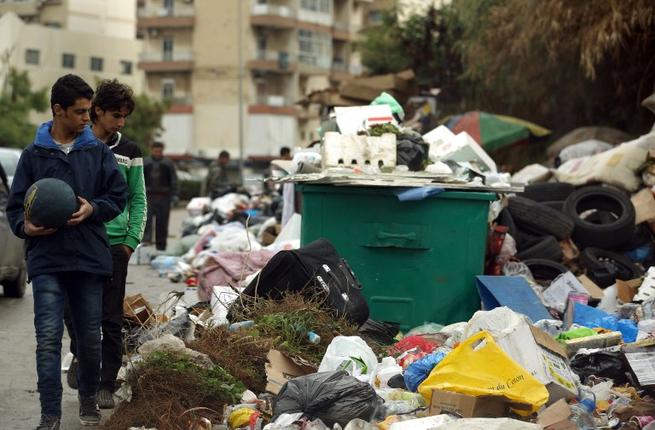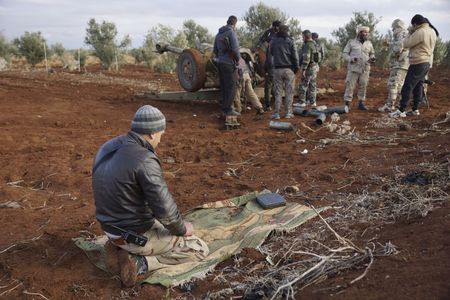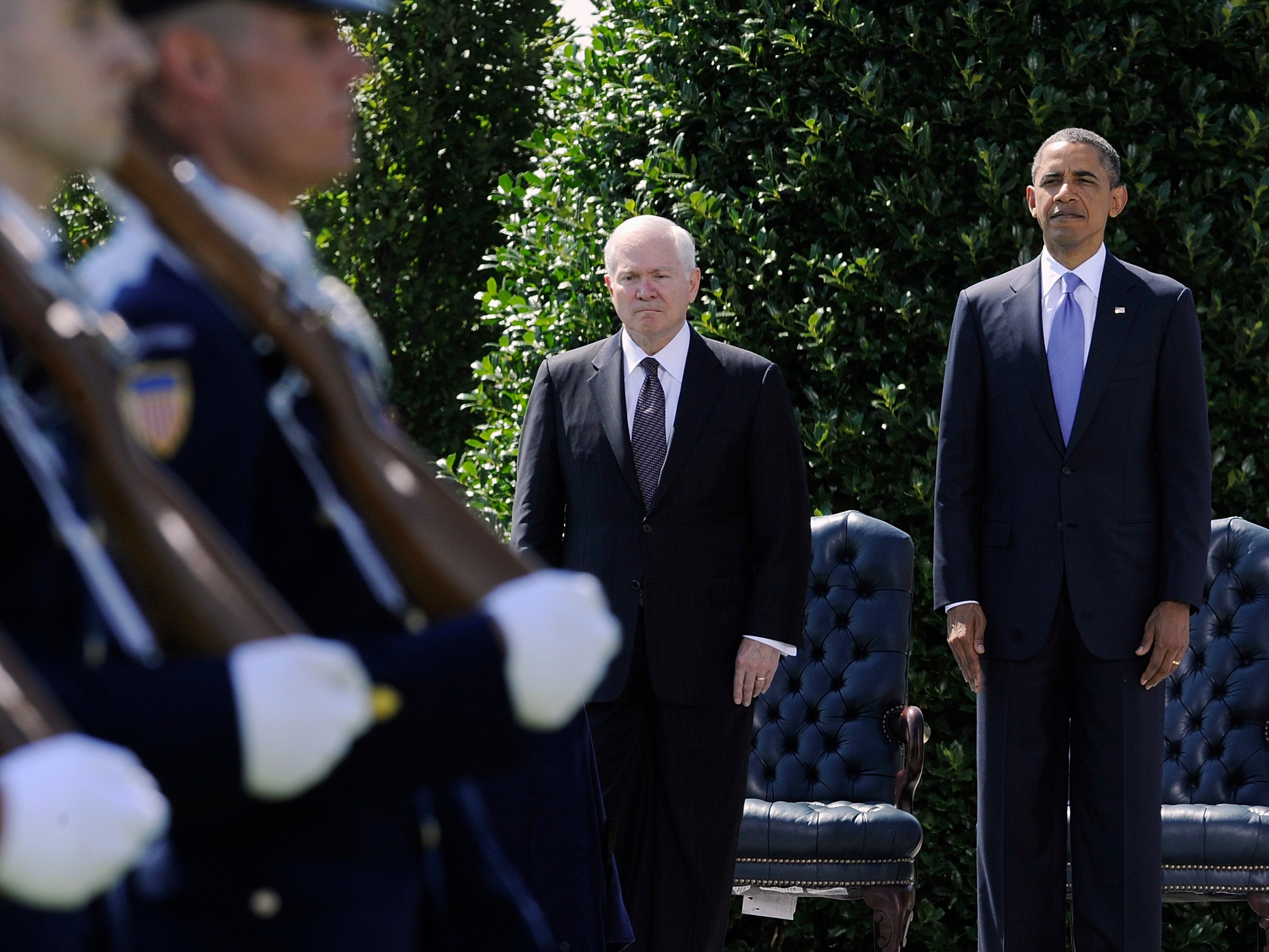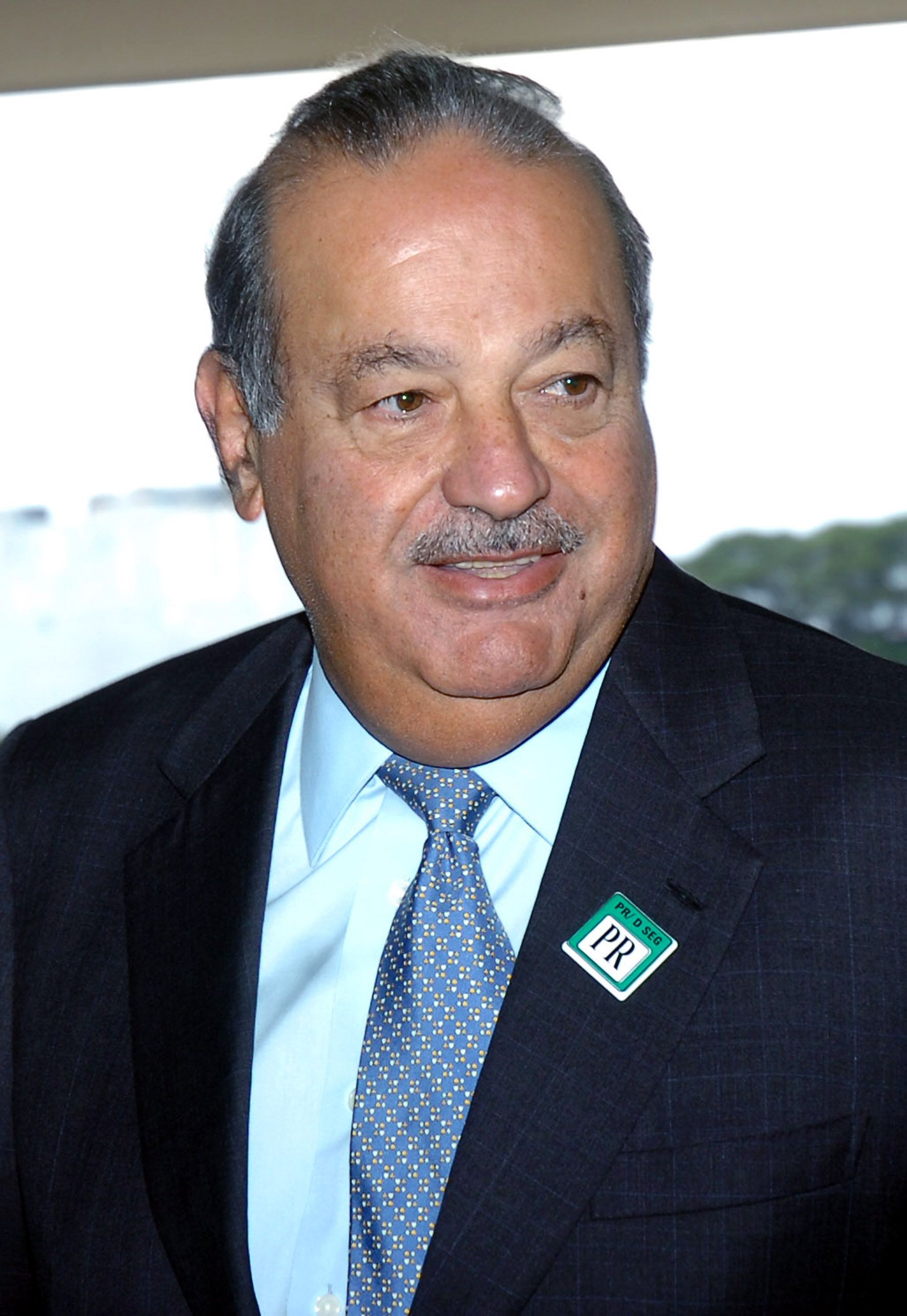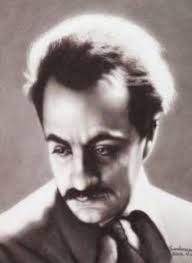
Article: Rene Wadlow
Khalil Gibran, born 6 January 1883, is one of the most quoted prose poets, especially his 1923 work The Prophet. In The Prophet, we are told that Almustafa, a holy man, has been living in exile, in a city called Orphalese for twelve years. A ship is coming to take him home to the island of his birth. People gather and ask him for his final words of wisdom — on love, on work, on joy, on children. The book has become bedside reading for all those who consider themselves “spiritual but not religious”.
But there is also an earlier Gibran writing in Arabic, a critic of the political and religious conditions of his day — a set of four short stories bound together as Spirits Rebellious. (1) Soon after the publication of the original Arabic version of Spirits Rebellious in 1908, considerable agitation developed. The book was publicly burned in the Beirut market place by Maronite Church and Ottoman State officials who judged it fiercely dangerous to the peace of the country. Gibran’s bitter denunciation of both religious and political injustice brought his anticipated exile from the country. As he was already living in Paris to study art at the time, it meant not returning to Lebanon rather than having to leave. However, he was also excommunicated from the Church, which can be considered serious in a country where much civil identity and justice was based on religious membership — not to mention the popular idea that God did not allow excommunicated souls into his Heaven.

